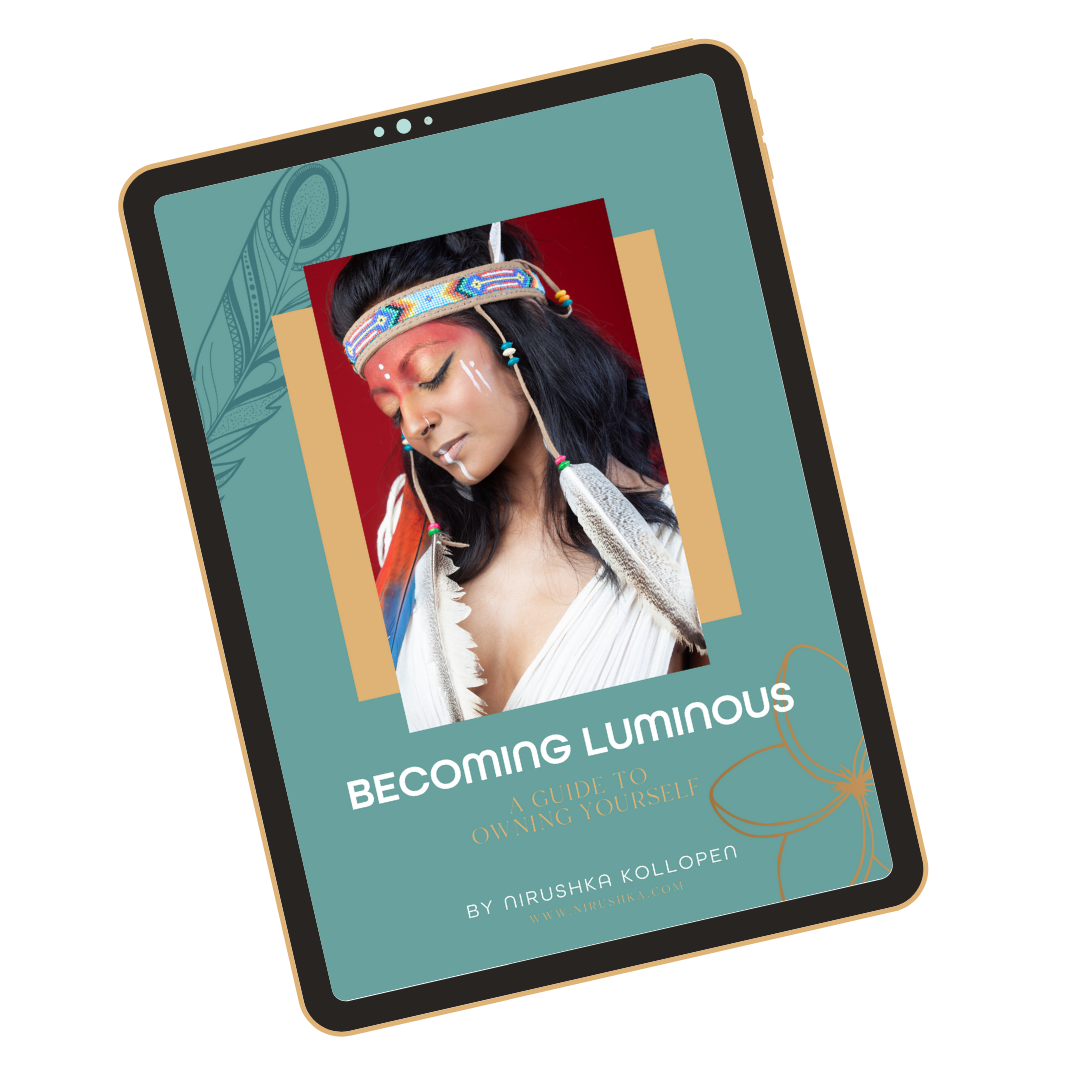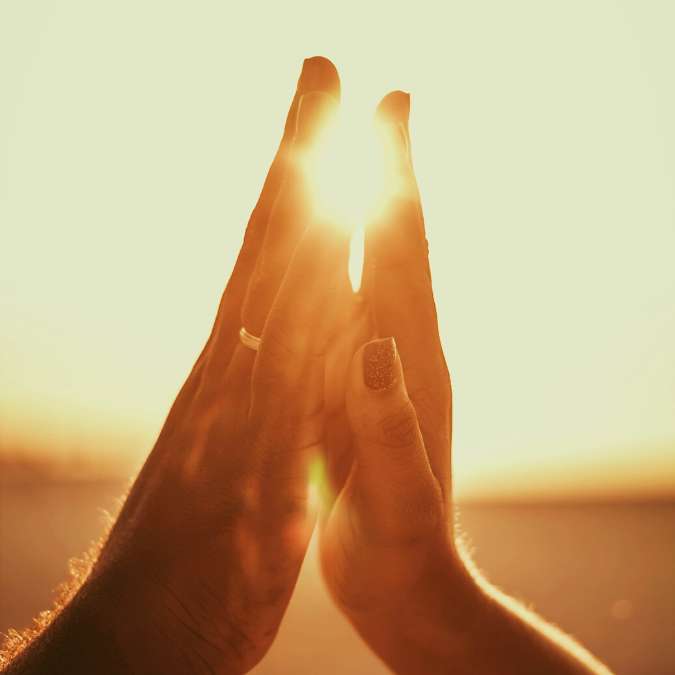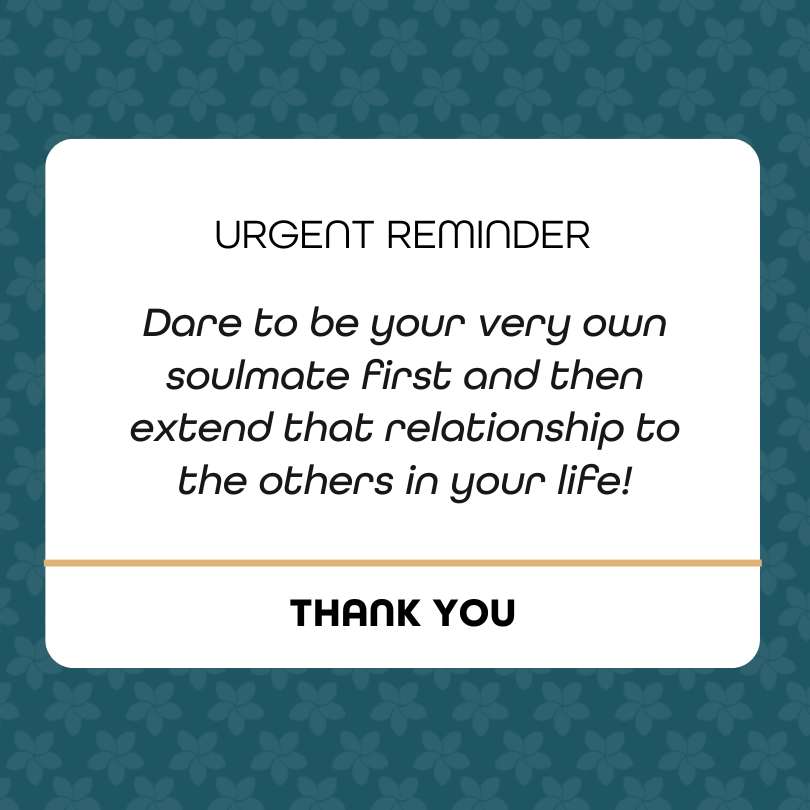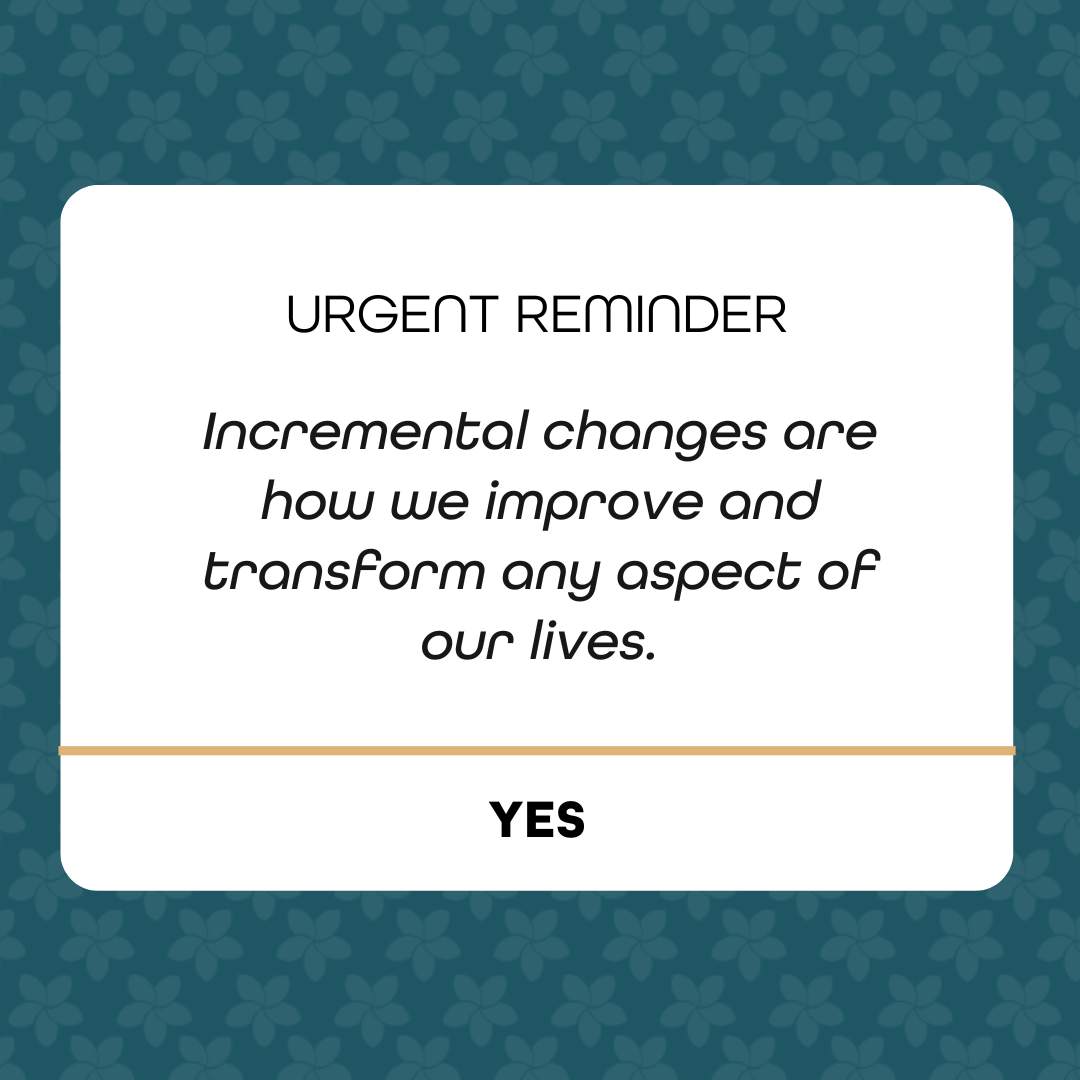
Human Connection
There is so much to human relating and communication. One thing no one teaches us is how to CONNECT with another, how to FEEL another, and how to RECEIVE another. Being present is a lot more than being with someone in the body. It’s a deep LISTENING to what someone is saying, but also what they are not saying. It’s tuning into their emotions and their story, their subtle movements when a part of their story is uncomfortable to relay, paying attention to their shiftiness as they try to hide their embarrassment or shame, the conviction in their eyes as they try to avoid their pain.
Have you ever sat with someone and truly allowed yourself to be their witness? To witness who they are, what they are saying beyond their words, beyond the account of their story? This is the receptive mode that allows us to open ourselves beyond the perceptions of our own stories and understandings to truly connect with another human.
When we practice this deep listening with someone, we not only suspend our own narratives, irritations, and need to respond to what they are conveying, but we create safety from a place of presence. This foundation of safety leads to deep trust and they are the elements of building a strong relationship. It is the place that encourages sharing, not only exchanging words and accounts but sharing who we truly other with the other, sharing what matters to us, what makes us cry, what brings us ecstasy, what we fear the most, and where our deepest passions lie.
If you practice this deep listening with someone, you also encourage them to do the same, you hold them to a higher standard. However, can you also allow yourself to be received by another? Can you allow yourself to be vulnerable enough to share your story and allow yourself to be held by another (without judging yourself or judging another for the manner in which they choose to hold you?). Watch how you may try to censor yourself to try and protect yourself from the risk of being judged or feeling uncomfortable. Watch how you may experience fear of being truly seen as you open to another human being. Watch as you experience shame in sharing your experience with another.
Bear in mind, human relating is DYNAMIC, so you may not get the same as you give (we are all at different places with relating to ourselves and that will show up in our relating with others). Being the pioneer to encourage deeper connecting in your relating makes you brave and will only leave you feeling good about yourself and your relationships.
Reflections:
- How open is your heart to connection?
- How receptive are you to receiving another?
- How willing are you to be truly seen by another human being and how willing are you to truly open your eyes to see another?

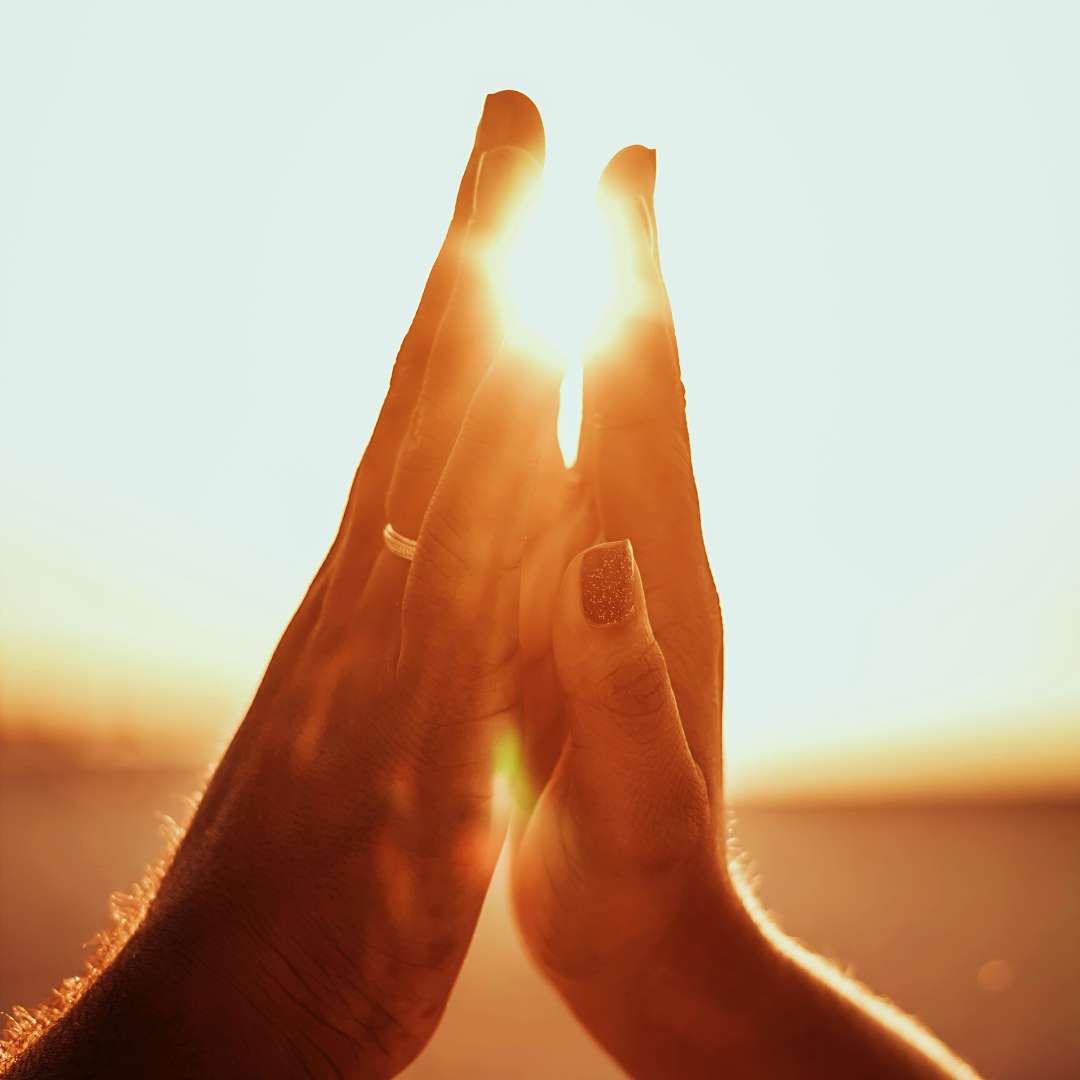
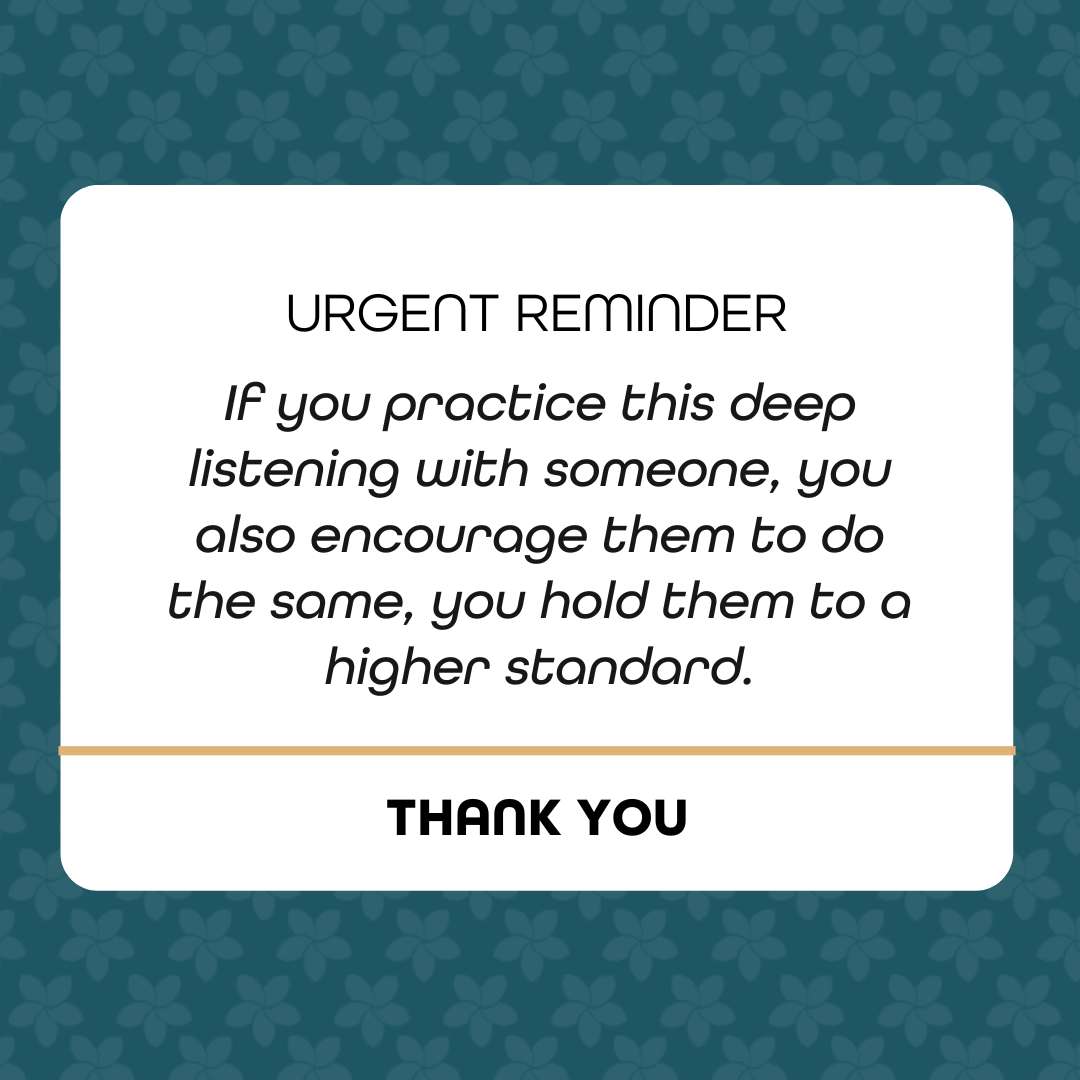

Need more guidance?
If you want to work with me 1:1 CLICK HERE to enroll for my coaching program where I tailor a process specifically for YOUR transformation.
